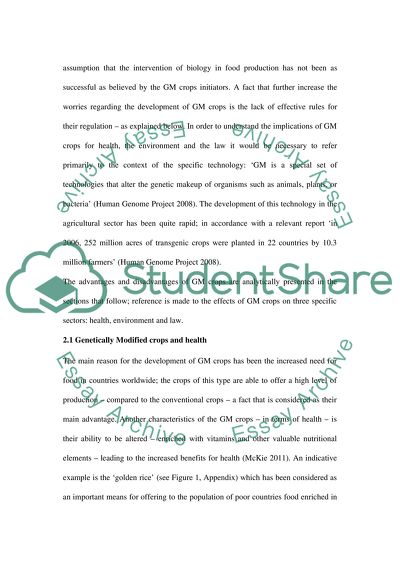Cite this document
(“Science Technology & Innovation Systems Essay Example | Topics and Well Written Essays - 1500 words”, n.d.)
Retrieved from https://studentshare.org/environmental-studies/1406314-science-technology-innovation-systems
Retrieved from https://studentshare.org/environmental-studies/1406314-science-technology-innovation-systems
(Science Technology & Innovation Systems Essay Example | Topics and Well Written Essays - 1500 Words)
https://studentshare.org/environmental-studies/1406314-science-technology-innovation-systems.
https://studentshare.org/environmental-studies/1406314-science-technology-innovation-systems.
“Science Technology & Innovation Systems Essay Example | Topics and Well Written Essays - 1500 Words”, n.d. https://studentshare.org/environmental-studies/1406314-science-technology-innovation-systems.


